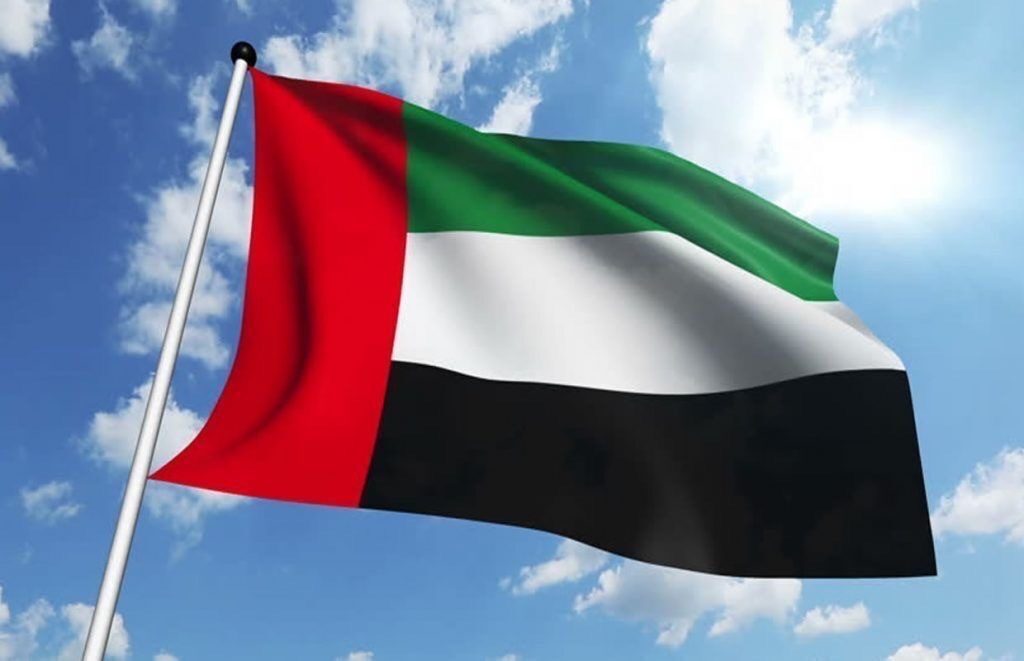The UAE, along with Bahrain Morocco and later, Sudan, signed the Abraham Accords last year, officially normalising diplomatic ties with the apartheid state of Israel.
Social media users in Qatar and the wider Gulf region took to Twitter on Wednesday, calling for a boycott of the United Arab Emirates under the hashtag #مقاطعه_الامارات [#UAE_Boycott].
The trend emerged following a series of events linked to the neighbouring state that caused outrage in recent days, chief of which is the inauguration of the Israeli embassy in the UAE, as well as an anti-Qatar publicity stunt by a Tunisian parliamentarian who is also believed to be backed by Abu Dhabi.
قاطعوا "إمرائيل" !!#مقاطعه_الامارات pic.twitter.com/o9cyGwpRol
— تركي الشلهوب (@TurkiShalhoub) July 1, 2021
“Great Yemeni interaction with the hashtag, launched by Arab and Muslim activists around the world, to call on Arabs and Muslims to boycott UAE products, and to stop any activity that would provide any economic or moral support to the Emirates. This coincided with the opening of the UAE embassy in the Zionist territory,” one Twitter user said.
“The UAE fights Arabs on behalf of Israel!” said another Twitter user.
On Tuesday, the UAE welcomed Israel’s new Foreign Minister Yair Lapid for the opening of Tel Aviv’s embassy in the Gulf state, the first in the region. The inauguration took place as Israel carried out illegal demolition of Palestinian structures in Silwan, Jerusalem.
The Emirates, along with Bahrain, and Morocco, signed the Abraham Accords with Israel last year, officially establishing diplomatic ties with the apartheid state despite fierce opposition from Palestinian factions.
Sudan later followed suit.
Tunisian parliamentarian provocation
https://twitter.com/ABD_3Y/status/1410427330741379073?s=20
Also this week, head of the Tunisian Free Destourian Party Abir Moussi, believed to be funded by the UAE, returned with another publicity stunt during a parliamentary session on Tuesday that was expected to vote on an agreement between Tunisia and the Qatar Fund for Development on opening an office in the country.
Footage that emerged online showed Moussi enter the parliament while wearing a helmet, bulletproof vest. Carrying a megaphone, Moussi disrupts the session with a series of chants in which she claims the agreement leads to the “selling Tunisia to Qatar” and “the Muslim Brotherhood”.
The session was later delayed to the following day but was met with yet another stunt by the parliamentarian.
A video that emerged online showed Moussi physically attacked by another parliamentarian at the Wednesday session. While the assault was widely condemned by the Tunisian government and denounced by social media users online, it was retweeted by some as a form of mockery.
“Whoever slaps Abir Moussi is as if he slapped bin Zayed. Thank you from the heart and a thousand greetings to the free Tunisia,” said one Twitter user.
Despite being described as possibly the most successful of revolutions, Moussi has long-expressed her opposition to the 2011 Arab Spring movement in Tunisia that toppled former president Zine El Abidine Ben Ali.
The parliamentarian is known for disruptive behaviour and was previously prohibited from attending the Tunisian council’s sessions, with authorities requesting she not interfere in plenary sessions twice in a row.
In March, Moussi also faced a boycott from the country’s Syndicate of Journalists for insulting the media and refusing to issue an apology.
Follow Doha News on Twitter, Instagram, Facebook and Youtube







